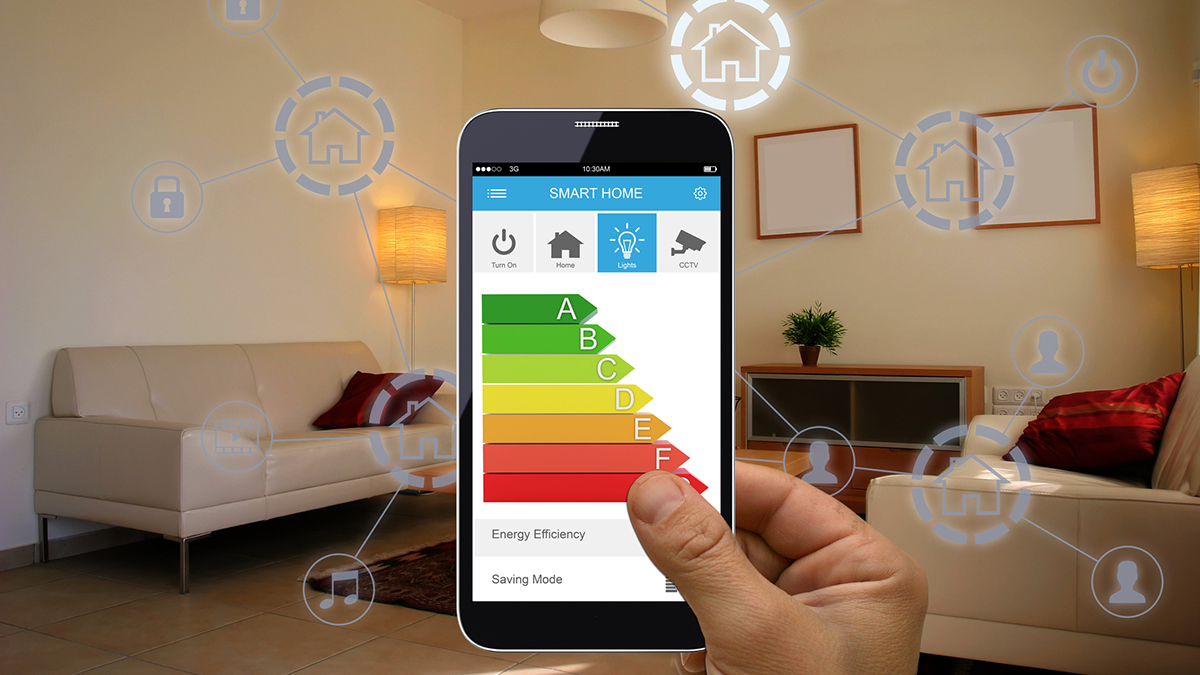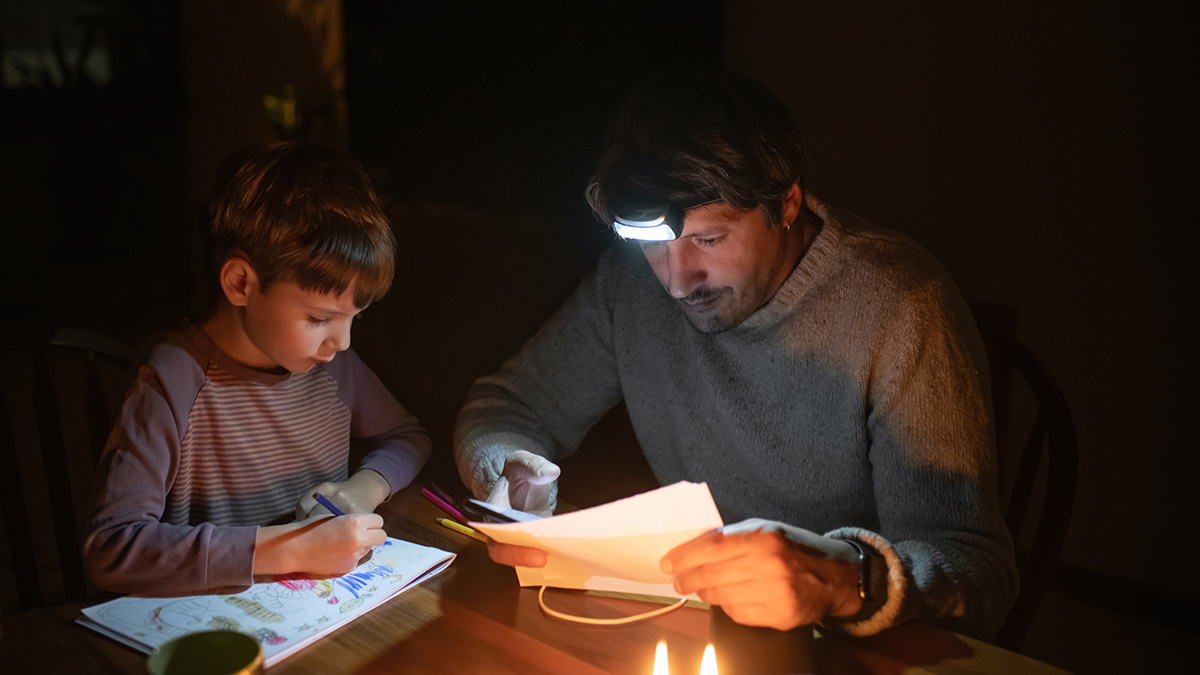Get our independent lab tests, expert reviews and honest advice.
EnergyAustralia pays $14 million for misleading customers on pricing

Need to know
- Over half-a-million customers of EnergyAustralia were misled on pricing by the company in mid-2022
- The company was recently hit with a $14 million penalty for this contravention of the 2019 Electricity Retail Code, which is meant to make comparing offers easier
- Many thousands of EnergyAustralia customers may have stayed on what they thought was the best deal when less expensive offers were actually available
Over half-a-million customers of the mega-retailer EnergyAustralia were misled on pricing by the company in mid-2022, and the Australian Competition and Consumer Commission (ACCC) recently closed a case that signals it’s serious about enforcing rules against such conduct.
Late last month, EnergyAustralia was hit with a $14 million penalty in the Federal Court for conveniently ignoring those rules, enacted in 2019, called the Electricity Retail Code.
It was the first time the ACCC has taken an energy retailer to court on such grounds.
Before the 2019 reforms it was anybody’s guess who actually had the best deal on offer
The code governs the way electricity retailers communicate prices to customers, and it became mandatory at a time when consumer confusion had reached new heights.
With retailers trotting out new plans left and right, constantly changing the terms of existing plans and offering all manner of tricky discounts, before the 2019 reforms it was anybody’s guess who actually had the best deal on offer.
Trying to find the best deal
The Electricity Retail Code – which applies in New South Wales, South Australia, and South-East Queensland – was designed as a corrective action against the many pricing tricks that retailers get up to.
To maintain compliance, companies have to include both a ‘reference price’ and ‘lowest possible price’ on all bills and offers.
You can still end up paying more than you should due to unavoidable confusion about what’s on offer
The ‘reference price’ is based on something known as the Default Market Offer. It’s what you pay if you don’t choose a specific plan – called a market offer – from your retailer. This default offer is set by the Australian Energy Regulator and is used as a benchmark to compare market offer prices.
Electricity retailers have to show you the percentage difference between the regulated default offer, or reference price, and their market offers.
The ‘lowest possible price’ is just that – your electricity retailer has to show you its lowest price on offer and explain any conditions that apply.
As we reported earlier this year, you can still end up paying more than you should due to unavoidable confusion about what’s on offer, but the 2019 reforms at least gave electricity customers something to work with.
Failure to disclose
The ACCC investigation caught EnergyAustralia, one of Australia’s market-dominating big three retailers (along with AGL and Origin), failing to include the lowest possible price in its communications to around 566,000 consumers.
Over a three-month period in 2022, the company also advertised 27 different electricity plans that failed to show the percentage difference between the reference price and its market offers, so customers were unable to figure out which deal to take. And the company also provided inaccurate information about what the average EnergyAustralia customer would expect to pay on a given plan over a year, so customers were unable to make a comparison.
“EnergyAustralia’s failure to fully inform consumers meant they could not accurately compare offers from competing retailers and may have been denied the opportunity to choose the best deal,” says ACCC chair Gina Cass-Gottlieb.
EnergyAustralia’s failure to fully inform consumers meant they could not accurately compare offers from competing retailers
ACCC chair Gina Cass-Gottlieb
“Some consumers may also have been misled by EnergyAustralia’s statements into thinking that a price change was less than it actually was, causing them to stay with their existing plan when in fact a different plan may have represented a better deal,” says Cass-Gottlieb.
Though this was the ACCC’s first win in court against an energy retailer for contravening the Electricity Retail Code, the regulator has previously issued issued infringement notices to Locality Planning Energy, CovaU, ReAmped Energy and Dodo Power & Gas for allegedly failing to include certain mandatory information when communicating prices.
The regulator also accepted court-enforceable undertakings from CovaU and Dodo for breaches of the code.





